
Monuments Illustrating New Comedy. 2 vols.
Edited by J. R. Green (NHC Fellow, 1991–92) and Axel Seeberg

Edited by J. R. Green (NHC Fellow, 1991–92) and Axel Seeberg
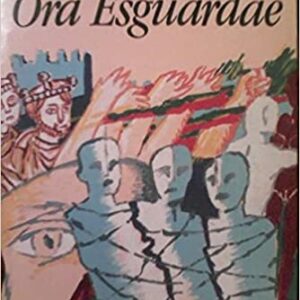
By Olga Gonçalves (NHC Fellow, 1980–81)
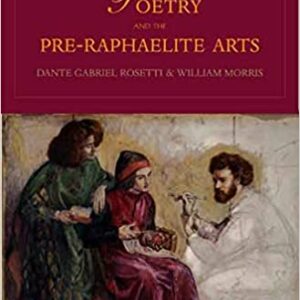
By Elizabeth K. Helsinger (NHC Fellow, 1997–98; 2007–08) Focusing on two of the most influential figures in the Pre-Raphaelite movement, Dante Gabriel Rossetti and William Morris, this book explores new ways of considering art and literature together. Elizabeth Helsinger traces the unusually close relationship between the poetry and poetics of two poet-artists and their contemporary practice … Continued
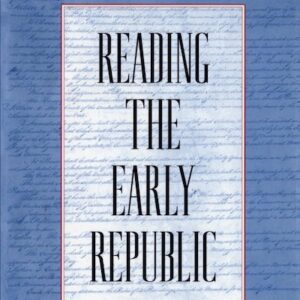
By Robert A. Ferguson (NHC Fellow, 1994–95) Reading the Early Republic focuses attention on the forgotten dynamism of thought in the founding era. In every case, the documents, novels, pamphlets, sermons, journals, and slave narratives of the early American nation are richer and more intricate than modern readers have perceived. Rebellion, slavery, and treason—the mingled stories … Continued

Edited by Elizabeth C. Mansfield (NHC Fellow, 2008–09) and Kelly Malone A moment in history when verbal satire, caricature, and comic performance exerted unprecedented influence on society, the Enlightenment sustained a complex, though now practically invisible, culture of visual humor. In Seeing satire in the eighteenth century contributors recapture the unique energy of comic images in the … Continued
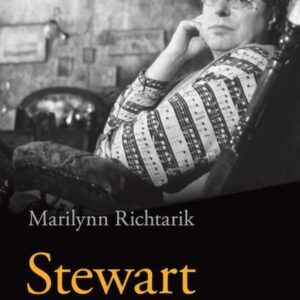
By Marilynn Richtarik (NHC Fellow, 1998–99) Born in Belfast during World War II, raised in a working-class Protestant family, and educated on scholarship at Queen's University, writer Stewart Parker's story is in many ways the story of his generation. Other aspects of his personal history, though, such as the amputation of his left leg at … Continued

By Gary Saul Morson (NHC Fellow, 1978–79) Using Dostoevsky's most radical experiment in literary form as a springboard, Gary Saul Morson examines a number of key topics in contemporary literary theory, including the nature of literary genres and their relation to interpretation. He convincingly argues that genre is not a property of texts alone but … Continued
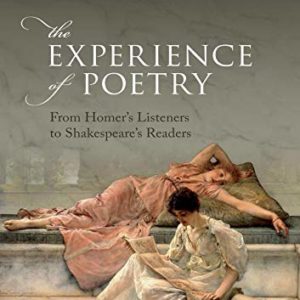
By Derek Attridge (NHC Fellow 2014–15; 2016–17) Was the experience of poetry–or a cultural practice we now call poetry–continuously available across the two-and-a-half millennia from the composition of the Homeric epics to the publication of Ben Jonson's Works and the death of Shakespeare in 1616? How did the pleasure afforded by the crafting of language into memorable … Continued
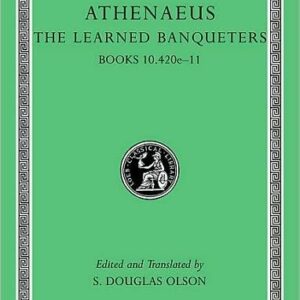
By AthenaeusEdited and translated by S. Douglas Olson (NHC Fellow, 2008–09) In The Learned Banqueters, Athenaeus describes a series of dinner parties at which the guests quote extensively from Greek literature. The work (which dates to the very end of the second century CE) is amusing reading and of extraordinary value as a treasury of quotations from works … Continued
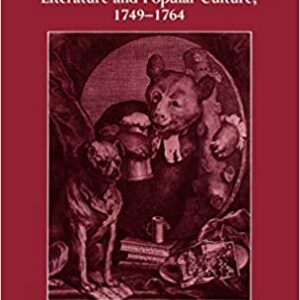
By Lance Bertelsen (NHC Fellow, 1983–84) The Nonsense Club was a group of five friends and writers–Charles Churchill, Bonnell Thornton, George Colman, William Cowper, and Robert Lloyd–who wrote and edited numerous periodicals, produced a distinctive and often brilliant satirical poetry, engaged in virulent theatrical and literary battles, and participated in the most important domestic political … Continued